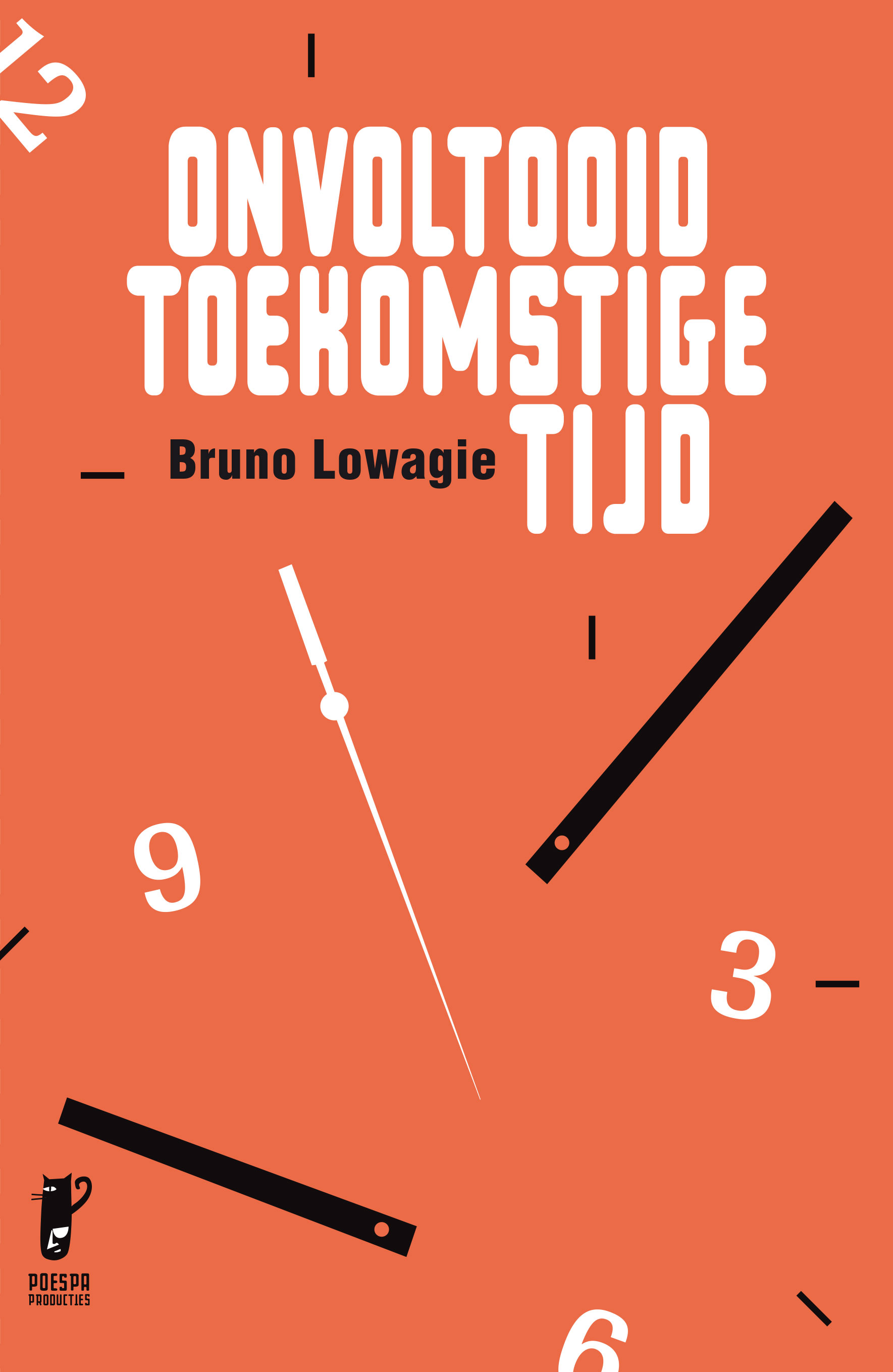2020-11-26
How not to find a publisher
Part 3: Literary Agents
See also Part 2: The Mysterious Mr. Jones.
I must admit that I had my doubts if Mr. Jones would be able to help me to get a publishing agreement with Penguin Random House. The FAQ on the PRH web site was crystal clear —thou shalt not bypass the system!
Penguin Random House does not accept unsolicited submissions, proposals, manuscripts, illustrations, artwork, or submission queries at this time. This includes submission of work previously published elsewhere. We are also unable to provide draft support, translation or ghostwriters for aspiring authors.
If you would like to have your work or manuscript considered for publication by a major book publisher, we recommend that you work with an established literary agent. Each agency has manuscript submission guidelines.
Once I had finished a raw version of my manuscript, I compiled a list of literary agents who might be interested in representing me. I tailored different book proposals to meet the requirements outlined on the different agencies' web sites. I also put some variation in my introductory emails; no two agents received the same content. In one proposal, I used a formal tone; in another, I was more casual; in yet another, I showed a ballsy attitude.
Most agencies mention that it can take four to six weeks before a request is answered. That probably wouldn't work in my line of work, but I understand that the publishing business is quite different from the IT business. I imagine that literary agents read the book proposals as they arrive, and then have a decision moment every month or so to decide which authors they want to work with. I don't know if my assumption is correct, but that's probably how I would work if I were in that business.
Reading the online tips and tricks about finding a literary agent, I learned that it's very important to read the bio of the person you address. You don't want to send a proposal for a business book to a literary agent who is specialized in Young Adult books.
Quite early in the process, I noticed that it would be difficult for me to find an agent that fit my profile. I found literary agents with a special interest in LGBTQ+ authors, female authors, non-white authors, young authors,... The literary world is amazing! There's an agent for every minority you can imagine!
I am in the privileged position of being a rich, straight, white, male author, aged fifty, and with an unmistakable preference for tongue-in-cheek humor. The fact that I belong to a majority of world citizens not living and working in the US probably isn't in my advantage either.
In any case: I didn't find any literary agent advertising an interest in authors with my demographic profile.
I also read that you have a better chance at getting the attention of a literary agent if you're introduced to them by someone they know. To test this tip, I searched 2nd-level connections on LinkedIn using the keyword "literary agent". I found one that matched the profile I needed, asked for an introduction, and I received feedback within a week.
Christy Fletcher of Fletcher and Company wrote the following feedback on my forwarded proposal: "It was fascinating read and exploration of his journey. It reminded me a little bit of Rand Fishkin’s book that attempted to shed light on the real path of being an entrepreneur in both a business and an emotional sense. In the end though, I just don’t know that the publishers I work with will see the audience as large enough to take it on or that they will be able to add adequate value to finding the audience. So much of it is a primer on startups and while I found the first person aspect of this compelling, I worry that they will see the market as very crowded. I’m taking on so little myself right now and there’s no obvious person to refer to this internally. For that reason, I think I need to decline but I really appreciate the opportunity to read and consider it."
Although my proposal was declined, I appreciated the friendly response and I understood the argumentation. I also refuse projects when I don't have sufficient bandwidth to do a good job.
I asked several other people if they knew a literary agent. One of them introduced me to Ashley Crouch, the founder of Appleseed Communications. I was pleasantly surprised by how fast I received a reply. A call was scheduled immediately, but I canceled the meeting after a short email conversation. Ashley could certainly help me in the field of public relations, e.g. to promote my book once I got it published, but she's not a literary agent who can secure a book deal. I decided to postpone engaging in a conversation with Ashley until I found a publisher.
These two experiences confirmed that the advice "use an introduction" works. Unfortunately, I didn't know many people in the world of literary agents. I would have to contact agents out-of-the-blue.
I made a selection of agents who claimed to be interested in in (auto)biographies and books about business, preferably using a narrative approach. I didn't contact them all at once, but, given the expected four to six weeks delay, neither did I wait for a response of the first agent before contacting the second. I started my search on September 19; the last proposal was sent on October 18.
Apart from Christy Fletcher, only two agents out of the seven I contacted replied to my proposal:
- Jill Marsal of Marsal Lyon Literary Agency (my top favorite, among others because she's based in California) answered 11 days after receiving my proposal: "Thank you for your email. While your project sounds interesting, I don’t think it is right for my list at this time. I appreciate your querying us and wish you good luck in finding the right agent who can successfully champion your work."
- Melissa Flashman from Janklow & Nesbit Associates had someone reply 22 days after I sent my proposal: "Thank you for your interest in Janklow & Nesbit. Unfortunately, Mel doesn’t feel she is the right agent to represent your work. We’re sorry not to have better news, but we wish you the best of luck in your search for representation."
As you can see, the responses of these agents were more concise than the one from Christy Fletcher, but at least I received an answer. I appreciate the time these agents took to reply.
Some literary agents clearly display that they "currently don't accept manuscripts" because they have too much work. It's a pity not all agents do this. For instance, I didn't receive any response from the following agents within the "customary six weeks":
- Updated: It took three months for Lisa Dimona from Writers House to answer. I sent her a mail on September 19; I received the following reply on December 18: "Thank you so much for your interest in being represented by Lisa, I truly apologize for our delayed response. She appreciated the opportunity to take a look at your query, but unfortunately, she is unable to offer you representation at this time. Due to the enormous number of submissions we receive here at Writers House and obligations to existing clients, we are forced to be extremely selective when considering new clients. Please remember that this is only one opinion in a highly subjective business and another agency may feel differently. Good luck finding representation and thank you for thinking of Lisa and Writers House." Honestly? If the industry standard is six weeks, and you failed to reach that industry standard, it's probably better not to bother answering anymore.
I didn't receive any response from:
I would advise these people to follow the examples of their colleagues who don't have the time to answer their mail. Please update your profile and inform people like me that it's no use sending a book proposal because you aren't going to answer anyway.
In a seventh and last attempt, I filled out the form on the Lucinda Literary web site. I can't say I didn't get any response, on the contrary! When you submit a proposal, you are asked to subscribe to a mailing list. This is a screen shot of the SPAM folder of my GMail account (limited to the mails received from Lucinda Literary in November):

I didn't mark these mails as SPAM; Google did. I still check my SPAM folder for mails from Lucinda Literary on a regular basis to see if there's an actual reply to my book proposal. So far, I haven't had any luck —and I don't think I'll ever get a personal answer. I understand Lucinda's business model, but... it's not a business model that fits my needs.
Conclusion:
I made a selection of agents that seemed like a good fit based on their bio. The sample I took, was representative enough to assess my chances at finding an agent. Contacting more agents would probably be a waste of time.
I abandoned the option to work with a literary agent, and I decided to start contacting publishers directly, knowing that this implied that my book wouldn't be published by one of the big five.
Tomorrow, I'll publish part 4 of this series: Publishers of Business Books.
Onvoltooid toekomstige tijd
Entreprenerd
Wintercircus
Blog
- 2026-01-25:
Waarom de Belgische meerwaardebelasting een ramp is voor de Belgische economie - 2026-01-22:
Verkeerd citeren, en hoe hierop te reageren - 2026-01-11:
De Marshmallow-politiek: Waarom herverdeling een recept voor armoede is






